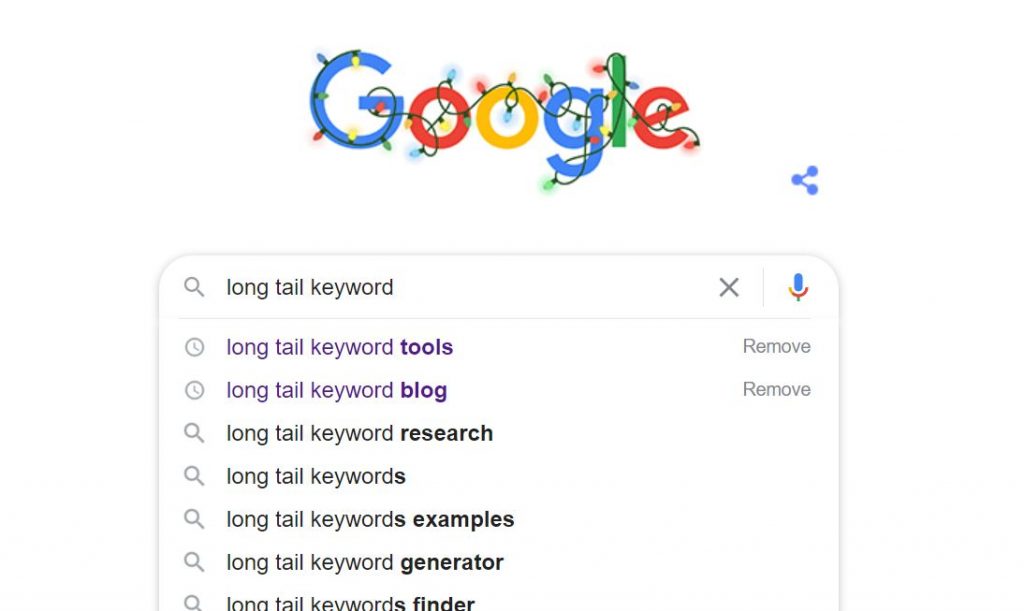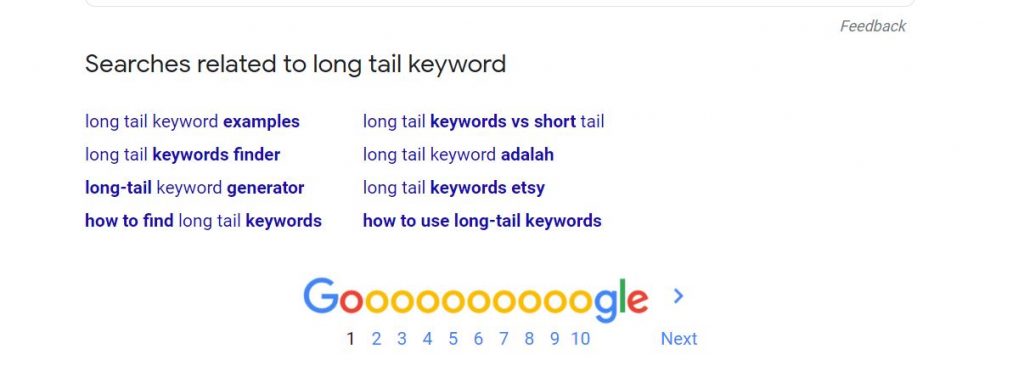Long tail keywords: a great starting point for optimizing your website for search engines
Search engine optimization is the practice of ensuring that the content your website can be easily found by Google when users type in relevant search terms. The internet is a big place and even the most specialized businesses are sure to find competition. As you start optimizing your site so it can be found by users, its important to identify the search terms that will lead the right users to your site.
It’s advisable to start optimizing for long tail keywords first—a new website is apt to get lost in the forest for short, broad search terms. But by identifying longer phrases and optimizing your content to include these, you can begin to see a boost in traffic to your site, which will set you up to begin building towards higher rankings on those more competitive search terms.
Identifying long tail keywords
Any SEO strategy should start with a keyword brain storm, utilizing as many tools as you can to create a keyword bank from which to being optimizing your content. Here are a few of our favorite free tools for identifying long tail keywords:
Google tools:
A great place to start is to type a short, general keyword into Google search, and see what autocompletes Google suggests. These suggestions are predictive based on actual search behavior and can lead to great long tail suggestions.

Google’s related searches can also offer some excellent ideas. These suggestions appear at the bottom of the first page of organic search results and are generally more tailored to the individual user (since, for example, Google knows I live in the brave little state of Vermont, it’s likely to offer location-based searches that apply to my region).

Google Trends is a great tool to use once you have a bank of keywords, to give you an idea of the popularity of a term or phrase over a period of time, so you can get an idea of which terms are seeing steady growth, consistent interest, or conversely, are declining in search activity.
Other tools for longtail keyword research:
Don’t stop there! The more tools you can use to build your keyword bank, the clearer an idea you should get about opportunities to rank for relevant search terms.
Answer the Public provides current data on what questions people are asking about specific topics. It also includes data on “vs” and “and” searches to give even more ideas.
Keyword Generator provides keyword and question suggestions along with a KD (Keyword difficulty) index that gives and idea of how competitive the keyword will be to rank for, based on backlinks.
Keyworddit This handy tool searches defined subreddits to come up with keywords for particular areas of interest—a great tool to find some keywords that are actually being used in conversation by people interested in a particular niche.
From here, you should have a good start for a list of long tail keywords to consider as you develop optimized content for your site. Incorporating long tail terms in your H1 tags and creating content based on this research will be a huge help with establishing your SEO strategy and bringing more of the right users to your site.
Interested in a little help on this road? Fill out our SEO intake form and let’s get started getting your small business found!

Leave A Comment